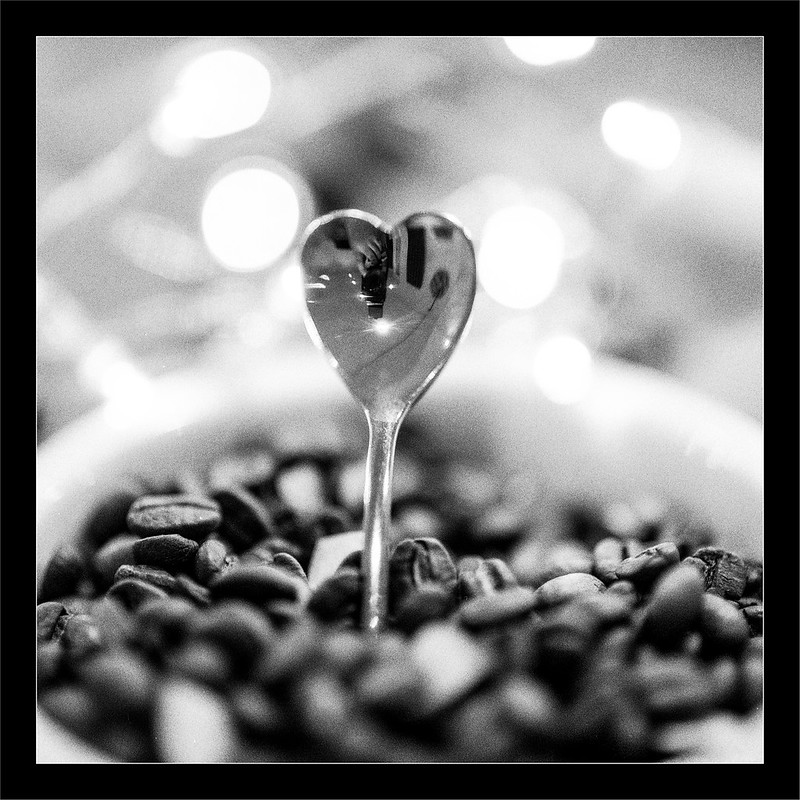- Messages
- 5,635
- Name
- Shaheed
- Edit My Images
- No
I'm currently sat here waiting for my developer to cool to around 20 degrees in the sink (house is very warm at the mo!!)
Loaded the film much easier in the dark bag this time.
So whilst waiting, I was just thinking about whether it's the process of taking the pic on my MF Bronica (manual exposure/focussing) and then developing it myself (the means) or whether the final image is the key (the ends)
Obviously when it all comes together it's just magic - one of the main reasons I'm enjoying film more than digital at the mo.
So do you think you enjoy the end image more because of the effort and process required to get the image?
Edit - do you still enjoy the process if you end up with dud pics?
Loaded the film much easier in the dark bag this time.
So whilst waiting, I was just thinking about whether it's the process of taking the pic on my MF Bronica (manual exposure/focussing) and then developing it myself (the means) or whether the final image is the key (the ends)
Obviously when it all comes together it's just magic - one of the main reasons I'm enjoying film more than digital at the mo.
So do you think you enjoy the end image more because of the effort and process required to get the image?
Edit - do you still enjoy the process if you end up with dud pics?
Last edited:



 For the love of Coffee
For the love of Coffee

